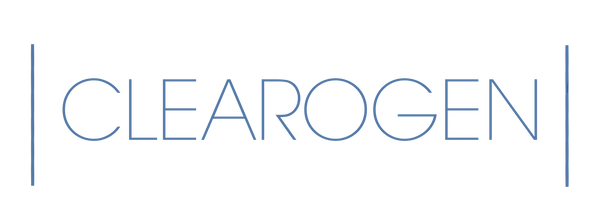The Relationship between Adult Hormonal Acne and Hair Loss
Share
For many teenagers, acne is an unwanted part of life that they may endure for years. Although the majority of those with teenage acne leave the condition behind with their teenage years, others are surprised when they develop hormonal acne later in life. While some people continue to have breakouts into early adulthood, others can develop the condition at any age, long after the acne from their teens has disappeared. Men in particular may find that adult acne becomes a problem at the same time they start to experience significant hair loss. Many men feel that it is unfair to experience hair loss at the same time they are looking for an adult acne treatment to clear their skin. The key to treating both conditions is to first understand how they are related.
What Is Dihydrotestosterone?
Dihydrotestosterone (5a-Dihydrotestosterone), called DHT, is a type of male sex hormone known as an androgen. It is a byproduct of testosterone that is synthesized in the adrenal glands, prostate, testes, and hair follicles of men. DHT is found in both women and men.
DHT and Hair Loss
The hair loss caused by DHT occurs more frequently in men than in women. When the hair follicles are sensitive to DHT, they shrink, causing them to have a shorter lifespan. The hair follicle starts producing hair that is finer, smaller, and lighter, until it becomes no more than peach fuzz.
DHT and Acne
Hormonal acne is caused when excess DHT over-stimulates the production of oil glands, and the pores of the skin become clogged and filled with debris. Bacteria in the pores grow, leading to inflammation, infection, and visible acne.
The Solution
DHT is responsible for both male pattern baldness and adult hormonal acne that often occur simultaneously. The only adult acne treatment that will effectively treat acne and potentially reduce hair loss is one that contains ingredients that reduce the amount of DHT produced. To learn more about the DHT-fighting properties of Clearogen, call 877-30-CLEAR.
What Is Dihydrotestosterone?
Dihydrotestosterone (5a-Dihydrotestosterone), called DHT, is a type of male sex hormone known as an androgen. It is a byproduct of testosterone that is synthesized in the adrenal glands, prostate, testes, and hair follicles of men. DHT is found in both women and men.
DHT and Hair Loss
The hair loss caused by DHT occurs more frequently in men than in women. When the hair follicles are sensitive to DHT, they shrink, causing them to have a shorter lifespan. The hair follicle starts producing hair that is finer, smaller, and lighter, until it becomes no more than peach fuzz.
DHT and Acne
Hormonal acne is caused when excess DHT over-stimulates the production of oil glands, and the pores of the skin become clogged and filled with debris. Bacteria in the pores grow, leading to inflammation, infection, and visible acne.
The Solution
DHT is responsible for both male pattern baldness and adult hormonal acne that often occur simultaneously. The only adult acne treatment that will effectively treat acne and potentially reduce hair loss is one that contains ingredients that reduce the amount of DHT produced. To learn more about the DHT-fighting properties of Clearogen, call 877-30-CLEAR.
